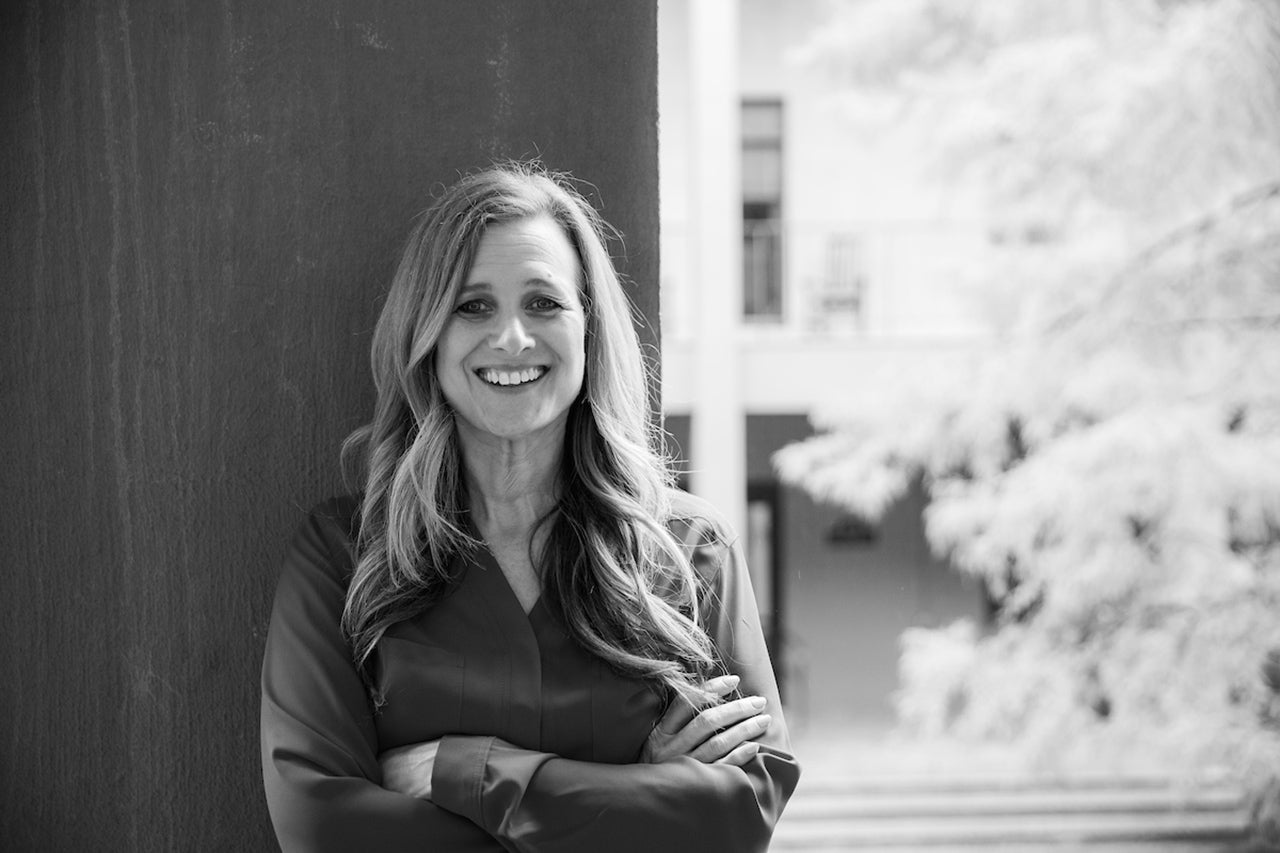After the passage of the Higher Education Opportunity Act of 2008, the College of Charleston received a grant in 2010 to start a post-secondary program for students with intellectual disabilities. That’s when Edie Vardsveen Cusack ’90, executive director of the REACH Program, went into high gear.
“The act created an opportunity for students with intellectual or cognitive disabilities to experience and fully participate in college,” says Cusack, who conceived the College’s REACH Program.
Celebrating its 10th anniversary, Cusack designed REACH to empower its students by adapting the typical college experience to their individual needs and abilities. She made sure the number of students in the program was representative of the population as a whole so that the students blend in on campus. For CofC, this means limiting the number of students entering the program each year to 10.
During the four-year program, students attend two traditional classes each semester, live on campus, join clubs and participate in internships. To help them become socially integrated into the campus, each student is assigned a volunteer peer social mentor and fitness mentor. Students are matched based on common interests, and long-lasting relationships often develop.
CofC professors whose classes have students in the REACH Program receive training on how to modify their coursework to accommodate their needs. “Our aim is to make academic learning achievable for students with intellectual disabilities, so we conduct specific inclusion training with professors, who often have no background in teaching techniques,” explains Cusack.
On top of the traditional college experience, REACH also provides support for success. Students take REACH support sessions ranging from Introduction to Personal Finance and Career Exploration to Preparing for Life After College.
To overcome the typical roadblocks for employment and independent living, students learn how to navigate their environment on campus and off, including mass transit, personal safety, money and time management, and assistive technologies. They also have access to individualized social-skill development in areas like interpersonal communication and appropriate soft skills.
Beginning the second semester of their freshman year, students in the REACH Program are matched with internships based on their interests and coursework. Internships are paid and change each semester to strengthen students’ employment skills, broaden their areas of interest and reinforce social skills.
When students complete the four-year program, they receive a certificate of graduation in their area of concentration.
“I believe in the dignity of risk,” says Cusack. “College is a time to make choices, and a time to learn from those choices and their consequences. Our goal is for our students to experience college life through inclusive participation in academics, social-skill building, independent living activities and career development. We want our students to graduate and join the workforce where they live independently and hold a job they love.”
Featured image of Edie Vardsveen Cusack by Mike Ledford




